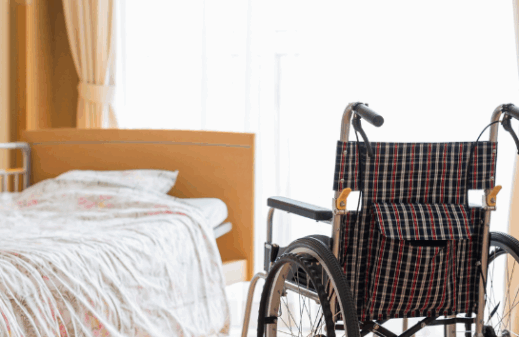It seems that more and more paperwork is being moved to electronic databases and we are becoming a digital society. These new processes have had an impact on the healthcare industry. There are many benefits to electronic records, but with that there are many new concerns that should be addressed as well.
What are the benefits?
Electronic records increase efficiency in an assisted living facility in several ways. There is a decreased chance that papers will be lost from paper files or that a visitor or employee will be able to remove files from your facility. Electronic records are also more easily searchable when you need to find information fast.Typing a search term in the database can pull up everything in a resident’s file related to a certain date or medication, whereas in paper files, you have to manually review each page to gather the information needed.
What are the concerns?
The biggest concern we hear about electronic file management, is “What happens if the system or computer crashes?” And “How do we transition to electronic file management?”. These are valid concerns and there are steps to be put in place to minimize risks in assisted living facilities.
If you are transitioning to electronic file management, you first need to determine what type of program you will be utilizing. Will a company that backs up their system to an outside database or will it be something you manage in house? By using a company that backs up the data in real time to an off site database, you can alleviate the stress of what to do if your computer crashes. If you have chosen an alternate route then, it is good practice to save a backup of your computer daily.
How to handle Electronic Records Requests
With this increase in electronic file management, there is also an increase in electronic record requests from outside sources like doctor offices and hospitals. There are two items to be concerned about in these instances. First, being HIPAA compliant is a must. Sending personal information about a resident through unsecure systems is not legal. You must submit the requested information through a secure portal or through encrypted e-mails. The second issue, is do you have the resident and their family’s permission to send the records? This is something you can request the family release you to do during admission or at the time of a the request with an electronic records request release form.
As we move further into the digital times, it is important that you implement safety protocols in your assisted living facility to assure the safety of your residents and decrease their risks of identity theft.



